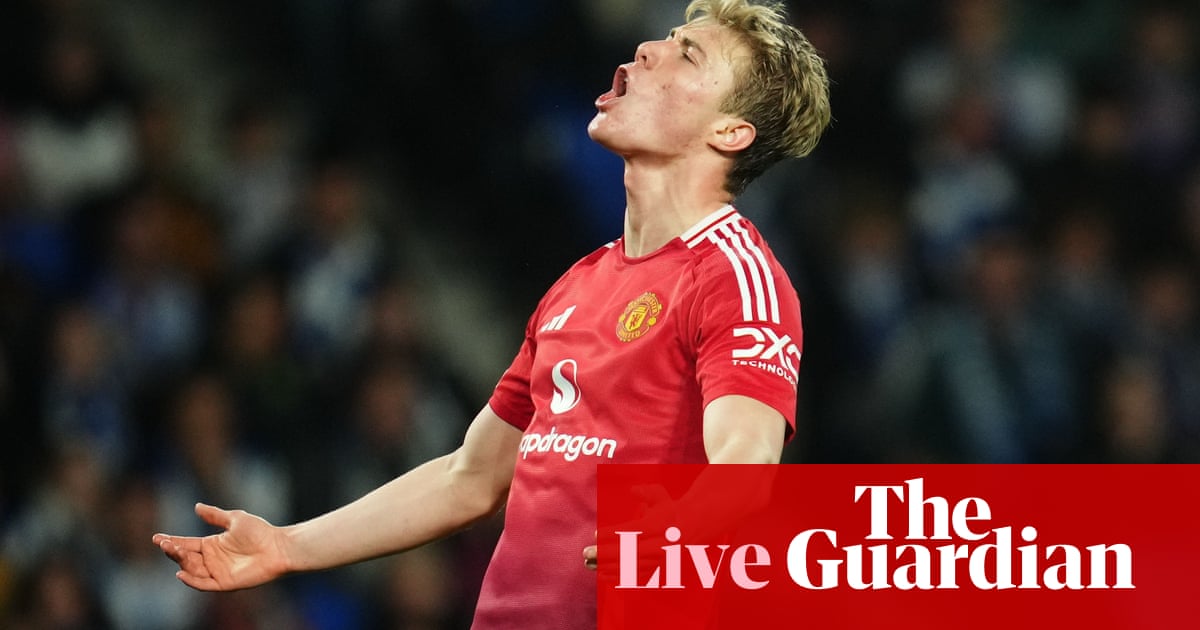Is European Football More Popular Than American Football?

When it comes to sports fandom, the debate between the popularity of European football(also known as soccer) and American football is intriguing and complex. Across continents, millions embrace these sports with fervor, yet different cultural influences lead to varied interest levels.
While American football thrives in the United States with colossal fanfare during the NFL season, football captivates billions worldwide, fueled by diverse leagues and the FIFA World Cup.
Let’s explore these global passions.
History and Global Reach
Tracing its roots back to medieval times, European football is a sport that has naturally evolved and diffused across oceans and continents, embedding itself into the cultural fabric of countless nations. The global appeal of European football is undeniable, with major milestones such as the FIFA World Cup serving not just as tournaments but as global phenomena, uniting fans from diverse backgrounds under one universal love for the game.
In contrast, American football—an energetic and exhilarating blend of strategy and physical prowess—emerged in the late 19th century, primarily within the borders of the United States. Its structured yet thrilling nature quickly won over the American public, culminating in the Super Bowl becoming an annual celebration of athleticism and entertainment.
Where football unites the world in its diversity and simplicity, American football captivates a more localized audience with its brilliance. Social media amplifies discussions and highlights moments from both sports, sparking vibrant dialogues that showcase their broad societal impact.
Popularity and Regional Differences
The popularity of European football or soccer and American football varies dramatically depending on where you are in the world, reflecting deep-seated cultural preferences and traditions.
In Europe, football isn’t just a sport; it’s a way of life. Fans passionately support their clubs, such as those in the English Premier League or Spain’s La Liga, where fierce rivalries spark intense emotions.
This passion extends beyond Europe, with football reigning supreme across Asia and Latin America, where countries like Brazil and Argentina have produced some of the world’s most iconic players.
Football’s simple yet universal appeal even extends to online betting, making it the top choice in Europe.
Meanwhile, in North America, American football rules the roost. The NFL commands a vast following, with each Super Bowl attracting over 100 million viewers. American football’s deep tradition of college games adds a layer of fervor, showcasing a community’s collective pride and spirit. NFL betting is also very popular, with millions of fans participating in fantasy football leagues and placing bets on betting odds football.
Revenue and Economic Influence
When examining the economic powerhouses of European football and American football, it’s evident that both sports wield significant financial influence worldwide.
European football, with its global appeal, generates an astounding $40 billion annually. This figure is bolstered by the substantial revenues of Europe’s top clubs like Manchester United and Real Madrid, whose merchandise sales, ticket revenues, and broadcasting rights contribute significantly to their financial ecosystem. Furthermore, football’s economic heft is supported by FIFA, which orchestrates lucrative international tournaments like the World Cup.
On the other side of the Atlantic, the NFL stands as a titan in American sports, raking in around $15 billion each year. This is thanks to colossal TV deals, high merchandise sales, and sponsorships. The Super Bowl, beyond being a sports event, is a cultural phenomenon with commercials that fetch exorbitant prices.
Hence, both sports showcase robust economic models, promising continued profitability and influence as they evolve with global and cultural trends.
Social Media and Online Presence
In today’s digital era, the online presence of both European football and American football is not just thriving—it’s essential to their sustained popularity.
European football, with its vast global fanbase of over 4 billion, dominates conversations across social media platforms like X, Instagram, and Facebook. Every significant match or player move lights up these platforms, creating vibrant discussions and fostering a sense of camaraderie among fans. This interconnected fanbase makes European football more than just a sport—it’s a global community brought together by a shared passion.
Similarly, American football has carved its own niche in the digital realm. The NFL’s strategic use of social media energizes its fans, who eagerly engage in discussions, share highlights from games, and participate in fantasy leagues.
Future Prospects and Cultural Impact
As we look to the future, both European football and American football stand poised to deepen their cultural footprints even further, fueled by an ever-expanding global fan base.
European football, with its innate ability to transcend cultural barriers, is witnessing unprecedented growth beyond traditional strongholds in Europe, Asia, and Latin America.
Meanwhile, American football’s thrilling dynamics are sparking interest beyond North America, with international games broadening its appeal.
Technology plays a crucial role in this expansion, allowing fans from diverse backgrounds to connect with teams and players on a personal level like never before. Through streaming services, social media, and interactive digital platforms, fans cultivate a sense of belonging, participating in vibrant communities that thrive on shared love for the game.
The economic success of both sports underscores their impact, promising continued growth and offering hope for future generations to experience the same passion and excitement these sports inspire today.
Related
Barcelona and Bayern Munich ‘offered the chance to sign Neymar…
Neymar made an emotional return to his boyhood club Santos last monthThe 33-year-old has been linked with a European football comeback next term L
European reaction, Premier League team news and more: football –…
Key eventsShow key events onlyPlease turn on JavaScript to use this featureSouthampton: With the teams separated by 52 points, Southampton face a daunting weeke
Ineos plan for Manchester United is putting them at odds…
Sir Jim Ratcliffe is making another round of redundancies at Manchester United but the sharp drop in staff is at odds with European rivals who are adding to the











